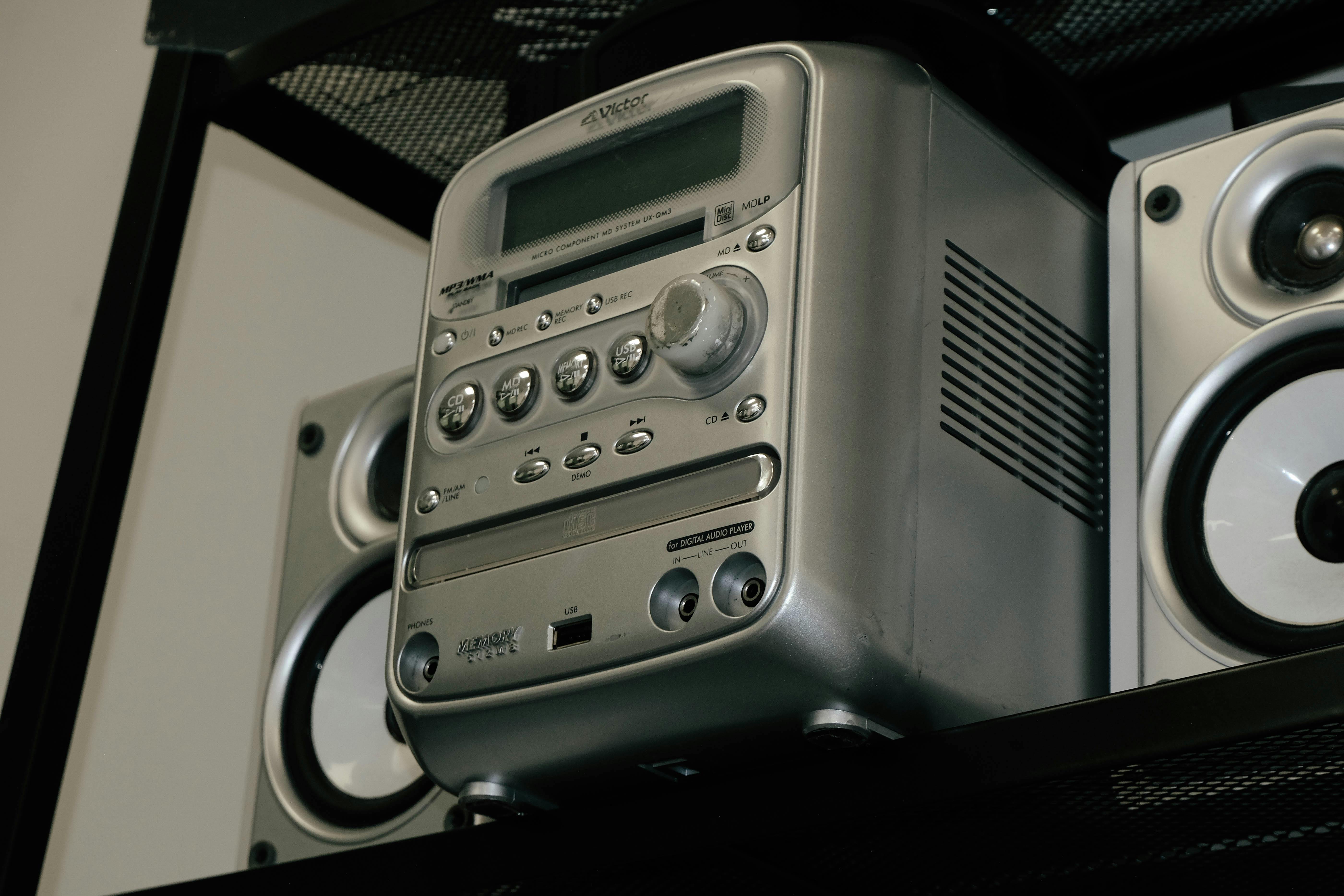
Turn on your TV, walk into a movie theater, and pull up your favorite song. Do you notice what they all have in common that turns your attention right to them? Psychological forces of nostalgia. Think about it, what even draws you to the media? The fundamental concept of nostalgia —a sentimental longing for the past, generally associated with happy personal associations — is the reason why you're probably still attached and looking for your first love in each individual you go on a date with. Okay, anyways, back to our nostalgic past.
This fundamental connection Hollywood has established transforms childhood into a franchise worth millions. Understanding this phenomenon not only reveals entertainment trends and techniques, but also revives our natural humane desires and longing for simpler times.
When audiences see familiar faces, the brain naturally releases dopamine, fostering connection and loyalty. The next thing you know, tickets rise. Selling quickly. Social bonding in modern times. Escapism from harsh reality. Identity validation through shared experiences. Comfort in uncertain or confusing times. For example, Star Wars or Jurassic World will forever remain in the nostalgia box for decades to come.
So, what is the backstory behind Hollywood's obsession with nostalgia, including revivals, reboots, and Y2K aesthetics? Generally, the return on sales is higher and more reliable than the financial risk of a whole new concept or idea. Statistics show that franchise films generate 25% higher opening weekend box office. Sequel marketing costs average 30% less than the original properties. Modern Hollywood operates on interconnected universe strategies pioneered by Marvel. This approach can take singular hit films and turn them into multimedia. Revenue is generated through multiple sequel opportunities, merchandising partnerships, streaming platform content, theme park attractions, and video game adaptations.
Starting with Top Gun, a hit from the 1980s, the 2022 version was released. This was a perfect example of nostalgia for fresh storytelling, achieving massive commercial success and earning over $1.4 billion worldwide. Tom Cruise, from the 80s, as part of the original cast, helped bring practical effects and updated technology, as well as relevant contemporary themes, to the current film. Sony's crossover brought together three generations of Spider-Man, creating audience excitement. This generated $1.9 billion globally by satisfying multiple fan demographics. With Disney's 2019 Visual Innovation Meets Classic Story, The Lion King's 2019 remake demonstrated how technology can refresh a familiar narrative. It earned $1.6 billion by appealing to parents who want to share their childhood favorites with their children.
While nostalgia drives profits, it can create artistic constraints. A filmmaker must produce innovation with success. The creative limitations lead to decreased originality in mainstream cinema, over-reliance on established properties, limited opportunities, and audience fatigue due to constant reboots.
If we step back into the future, we can see how Hollywood is simultaneously bringing back nostalgia into the future, primarily through emerging trends and technologies. With virtual reality and streaming platforms, interactive engagement with audiences is deepening relationships with the media and franchises. Technological innovations reshape nostalgia by de-aging technology for original actors, AI-assisting script development, virtual production environments, and enhanced streaming distribution models.
Properties from the 1990s and the 2000s are becoming increasingly popular, and they are the basis of where nostalgia stems from. Successful future products will undoubtedly emerge from this era, bringing fresh new perspectives.
Hollywood's embrace of reboots reflects deeper cultural needs for comfort and connection in an uncertain and rapidly advancing world. While this trend offers financial security for studios and emotional satisfaction for audiences, it also raises questions about creativity and innovation in mainstream cinema.
The most successful and well-known nostalgic movies are not based on the prime. They are the films that reimagine and recapture that nostalgic feeling that resonates with our prime, present time, enhancing the idea that regardless of time, those emotions of satisfaction and comfort can be replicated in many forms. Whether you love or hate the remake culture, nostalgia's power over Hollywood remains and advances, so be prepared to see some familiar faces in 2025-2026.








